What is a dual output inverter?
May 30, 2024
As the demand for renewable energy solutions grows, so does the need for advanced technologies that enhance the efficiency and versatility of solar power systems. Among these technologies, dual output inverters are gaining attention for their unique capabilities. This blog explores what a dual output inverter is, how it integrates with hybrid solar inverter systems, and the benefits of sourcing wholesale solar inverters for larger installations.
What is a Dual Output Inverter?
A dual output inverter, as the name suggests, is an inverter that provides two separate outputs of power. This feature distinguishes it from traditional single output inverters and offers greater flexibility in managing and distributing energy within a solar power system.
Key Features of Dual Output Inverters:
Two Independent Outputs: Dual output inverters can simultaneously supply power to two different circuits. This capability allows for more nuanced energy management and distribution.
Versatility: These inverters can be used in various applications, from residential to commercial settings, providing tailored power solutions for different energy needs.
Enhanced Efficiency: By optimizing the distribution of power, dual output inverters can improve the overall efficiency of a solar power system, ensuring that energy is used where and when it is needed most.
Integration with Hybrid Solar Inverter Systems
A hybrid solar inverter is a type of inverter that combines the functionalities of both grid-tied and off-grid systems. It can manage power from solar panels, battery storage, and the electrical grid, providing a versatile and reliable energy solution. When paired with a dual output inverter, a hybrid solar inverter system can offer even greater benefits.
Benefits of Hybrid Solar Inverters with Dual Output:
Optimized Energy Use: The dual output feature allows hybrid inverters to allocate power more efficiently, ensuring that both critical and non-critical loads receive appropriate power.
Increased Resilience: By providing separate outputs, dual output inverters can maintain power to essential systems during outages while still managing less critical loads.
Flexible Power Management: Users can prioritize certain applications or systems, ensuring that essential services like refrigeration, medical equipment, or security systems remain operational during power disruptions.
Cost Efficiency: Wholesale solar inverters, including dual output models, offer significant cost savings for larger installations, making them an attractive option for businesses and large-scale residential projects.
Wholesale Solar Inverters: Advantages for Large Installations
Sourcing wholesale solar inverters can provide numerous benefits, particularly for large-scale installations such as commercial buildings, industrial facilities, and multi-residential complexes.
Advantages of Wholesale Solar Inverters:
Cost Savings: Purchasing in bulk reduces the overall cost per unit, making it more affordable to equip large installations with high-quality inverters.
Consistent Quality: Wholesale suppliers often offer standardized products, ensuring consistent quality and performance across all units.
Streamlined Installation: Using uniform inverter models simplifies the installation process, reducing time and labor costs.
Enhanced Support: Many wholesale suppliers provide comprehensive support services, including extended warranties, technical support, and maintenance services.
Applications of Dual Output Inverters
Dual output inverters are versatile and can be used in a wide range of applications, enhancing the functionality of hybrid solar inverter systems.
Residential Applications:
Home Automation: Manage power to essential and non-essential loads separately, ensuring critical systems like refrigeration equipment and lighting remain operational during outages.
Energy Management: Optimize the use of solar power and battery storage to reduce reliance on the grid and lower electricity bills.
Commercial Applications:
Critical Systems: Ensure uninterrupted power to critical systems such as servers, security systems, and refrigeration units.
Operational Efficiency: Allocate power to different areas or departments within a facility, optimizing energy use and reducing operational costs.
Industrial Applications:
Machinery and Equipment: Provide stable power to essential machinery while managing less critical loads separately.
Peak Shaving: Use battery storage to supply power during peak demand periods, reducing energy costs and grid dependence.
Dual output inverters are a valuable addition to solar power systems, offering enhanced flexibility, efficiency, and resilience. When integrated with hybrid solar inverter systems, they provide optimized energy management and reliable power distribution for both residential and commercial applications. Sourcing wholesale solar inverters, including dual output models, can further enhance the cost-effectiveness and efficiency of large-scale solar installations. As the renewable energy landscape continues to evolve, dual output inverters represent a forward-thinking solution for maximizing the benefits of solar power.
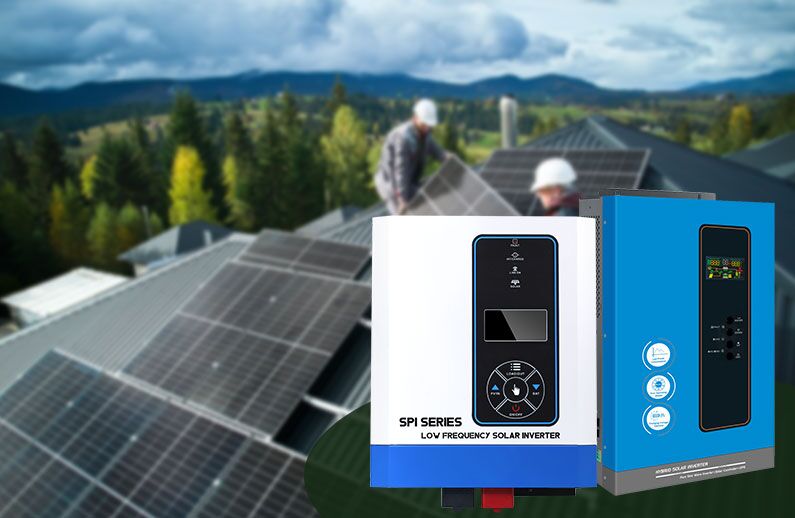
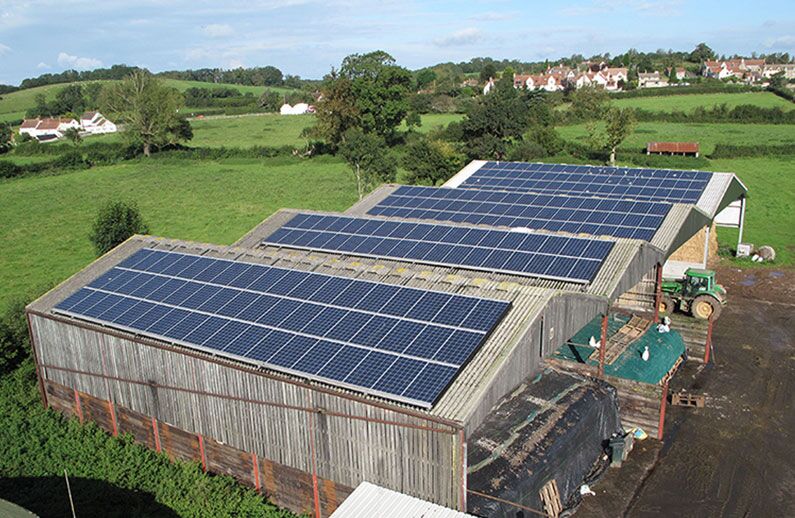
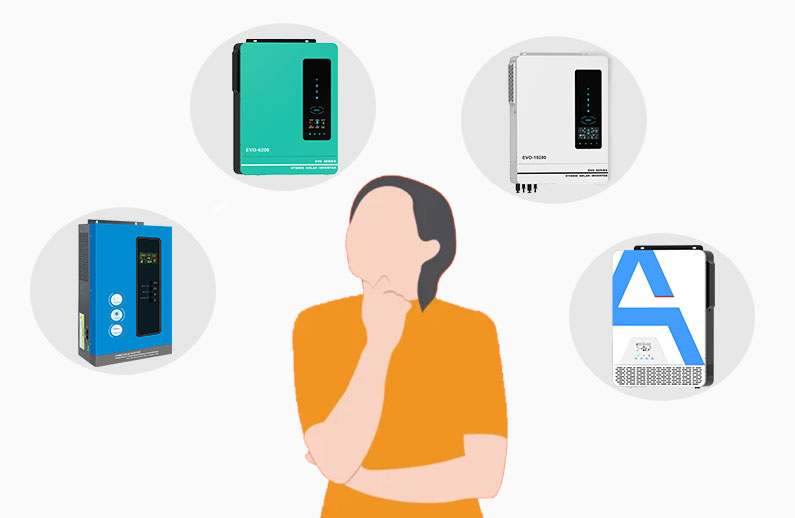
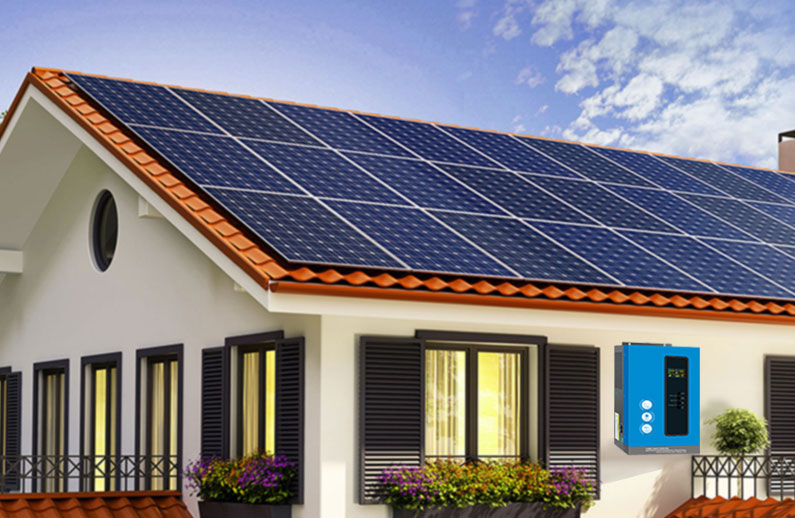
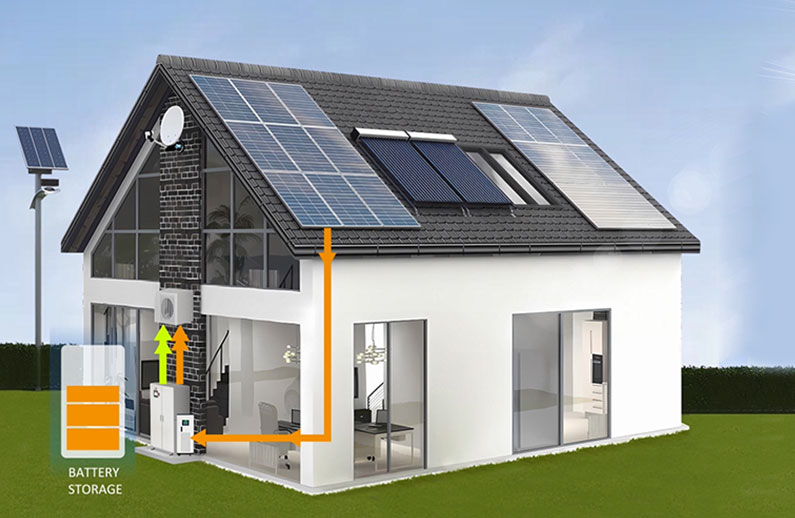
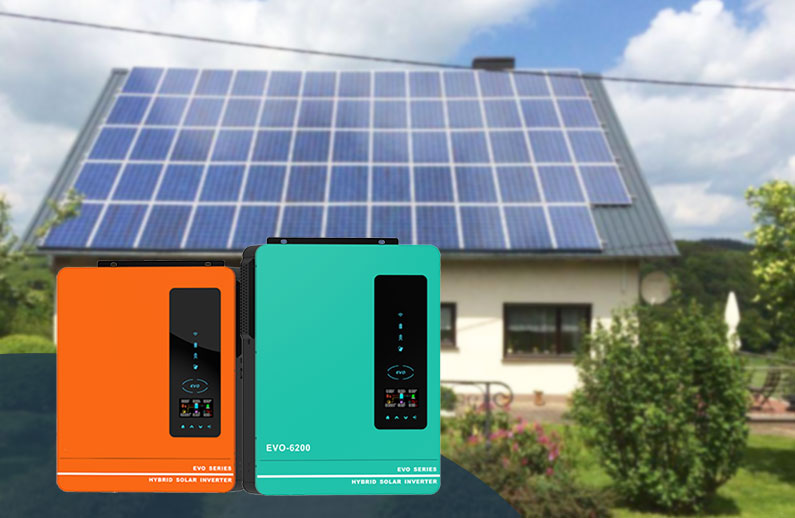
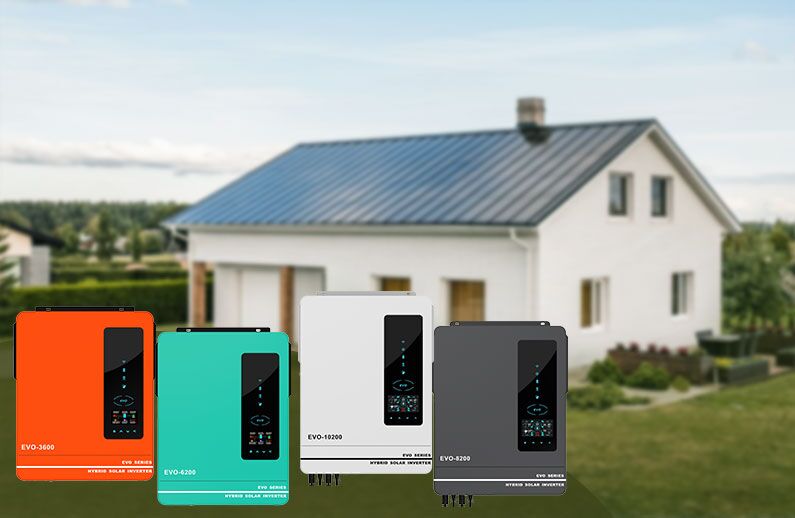

 Network Supported
Network Supported